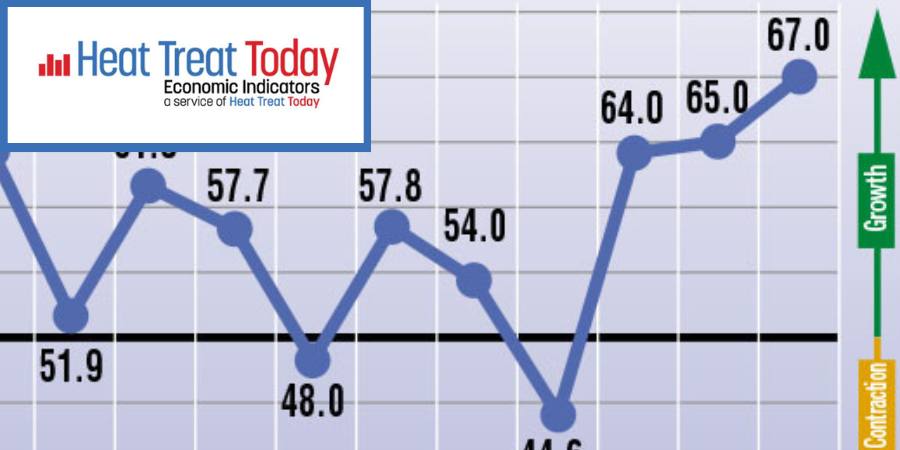The Hubei province of China has now been shut down for three weeks due to the Coronavirus outbreak, and industries around the world–including automotive and aerospace–face continued uncertainty about the future while an industrial powerhouse roughly the size of Sweden sits quiet. Despite more than 900 lives having been claimed by the virus in China thus far, some companies, including Tesla and Airbus, have cautiously reopened and gone back to work with the government’s blessing while others remain shut.
Airbus’ Chinese division has been given permission by Beijing to “gradually increase production, whilst implementing all required health and safety measures for Airbus employees, which remains the top priority.” Their final assembly line in Tianjin has restarted operations. In response to the Chinese government’s statement, the company stated, “[We are] constantly evaluating the situation and monitoring any potential knock-on effects to production and deliveries and will try to mitigate via alternative plans where necessary.”
Meanwhile, the automotive industry continues to be plagued by shutdowns that are starting to impact global manufacturing. Hyundai Motor, General Motors, Volkswagen, Renault, and Toyota Motor have extended their suspension of operations. Factories in the Hubei province expected to open on February 13 have had that deadline extended, and some provinces and districts have instructed companies not to reopen until March 1. The province of Hubei accounts for 9% of all Chinese automotive production.

Llamasoft
The impact of the shutdown is expected to extend beyond auto companies to manufacturers of auto parts as well. According to Razat Gaurav, CEO of Llamasoft, an AI-driven software development company that works with several automakers including Ford and General Motors, “Most OEMs single source components for new vehicles and China is a large supplier of those. Thus, there is exposed risk. The automotive industry has been going through a ‘regionalization’ trend for the last 5 to 8 years . . . Even so, there is a ripple effect in other parts of the world. For example, Hyundai is one of the first automotive companies announcing closures outside of China, at its South Korean factories; France’s Renault also announced a shutdown in its South Korea facilities. Fiat Chrysler warned it may need to halt production in one of its European plants due to a shortage of parts. While we have talked a lot about the manufacturers themselves, the impact on the supplier base is significant as well.”
Photo Credit: Business Insider/Getty Images






